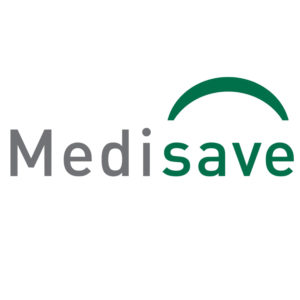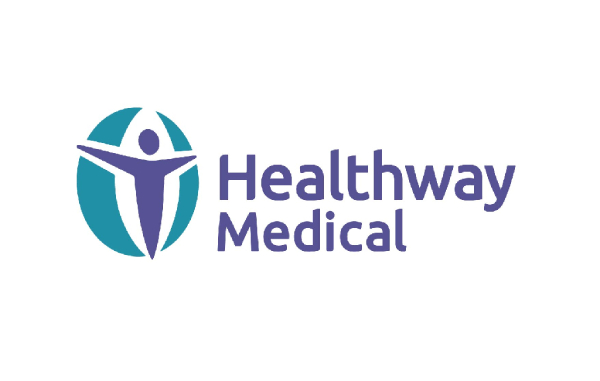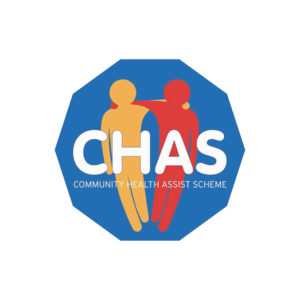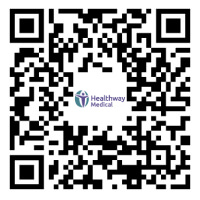Why are vaccines important in disease prevention?
How do vaccines protect individuals and community?
Do you know that when you get immunised or vaccinated, you are protecting yourself, your loved ones and the community?
Immunisation is critical to preventing the spread of infectious disease. When an individual is vaccinated against a certain disease, the germs are prevented from passing from person to person, and thus protecting the entire community.
Immunisation saves millions of lives every year and is widely recognised as one of the most successful and cost-effective health interventions in the world.


How do vaccines work?
What are vaccines and how do they work?
Vaccines are biological products used to protect people against infectious, serious and, deadly diseases. They contain a small amount of a weakened or killed (inactivated) form of the microbe that resembles the disease-causing microorganism.
When you are given the vaccine, it triggers and activates your body’s immune response. This causes your body to produce antibodies which defend your body against infection and enhance your immunity.
Your body’s immune system will therefore be stronger and prepared to fight future infections if you are exposed to the disease which you are vaccinated against.
Importance of getting up-to-date vaccination
Among the best ways to keep yourself and your loved ones healthy is to get up-to-date vaccination. This helps to provide immunity before you and your loved ones are exposed to potentially life-threatening diseases.
You may have received vaccines you needed as a child, but the protection from these vaccines can wear off over time. There are other risk factors that will also affect your immunity towards other diseases such as your job, lifestyle, travel, or health conditions.

What are the recommended vaccines by age?
Through childhood, adolescence and into adulthood, vaccination protects you at every stage of your life, no matter where you are. Check with your family doctor to ensure that you and your loved ones are up to date on the recommended vaccines. Read on to learn what vaccines are suitable for you at different phases of your life.
Getting your child vaccinated is safer than your child’s first exposure to a disease. Through vaccination, your child can develop immunity from serious illnesses and complications of vaccine-preventable diseases. Hence, it is important to keep your child’s immunisations up to date.
The National Childhood Immunisation Programme (NCIP) in Singapore covers vaccination against:
- TB (BCG);
- Hepatitis B (HepB);
- Diphtheria, Pertussis and Tetanus (DTaP);
- Poliomyelitis (IPV/OPV);
- Haemophilus Influenzae Type B (Hib);
- Measles, Mumps and Rubella (MMR);
- Pneumococcal Disease (PCV); and
- Human Papillomavirus (HPV).
Vaccination against diphtheria and measles are compulsory by law.
To learn about child vaccinations, click HERE
Most parents think of vaccines as something needed for infants and young children but less important later in life. In fact, adolescents often get several vaccine-preventable diseases such as pertussis, measles, and meningitis. Singapore has an Adolescent Immunisation Programme to give your child the best possible protection from serious infectious diseases. It is important that you ensure your child is vaccinated according to the recommended schedule.
- Tetanus toxoid, reduced diphtheria toxoid and acellular pertussis (Tdap);
- Polio; and
- Human Papillomavirus.
Source: Health Hub
Vaccinations are as important for adults as it is for children, and yet many adults are not getting the vaccination that they should.
Vaccines required for adults depend on age, lifestyle, medical conditions, travel plans, and vaccine shots that have been taken in the past.
Singapore’s Ministry of Health (MOH) has established the National Adult Immunisation Schedule (NAIS) to provide guidance on vaccinations that persons aged 18 years and older should adopt to protect themselves against vaccine-preventable diseases, to facilitate important vaccinations amongst adults and help individuals make more informed decisions,
NAIS covers seven types of vaccines that protect against 11 diseases, including:
- Influenza;
- Pneumococcal (PCV13/PPSV23);
- Human Papillomavirus;
- Tetanus toxoid, reduced diphtheria toxoid and acellular pertussis (Tdap);
- Measles, Mumps and Rubella (MMR);
- Hepatitis B; and
- Varicella.
Source: MOH
Button: Read more about adult vaccinations HERE
How can I pay for these vaccinations?

- Singaporeans will be able to use up to $400 of their Medisave per account, under the Medisave400 scheme, for all recommended vaccinations for the target adult population groups in the NAIS.
- Medisave can also be used to pay for all the vaccinations under the National Childhood Immunisation Schedule (NCIS). Patients and their immediate family members can use up to $400 per year, per Medisave Account to pay for the approved vaccinations.












